
|
Tin Học >> Lập trình >> Java
||
 C# C#
 C++ C++
 Visual Basic Visual Basic
 Visual Foxpro Visual Foxpro
 C C
 Java Java
 Pascal Pascal
 Thiết Kế Web Thiết Kế Web
 ASP.NET ASP.NET
 XML XML
 CSS CSS
 PHP PHP
Có 55 bài trong 6 trang (10 bài/trang) và bạn đang ở trang 2.
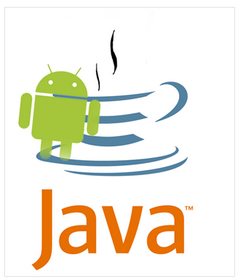
What will be the output of the program? public class Test { public static void main (String[] args) { String foo = args[1]; String bar = args[2]; String baz = args[3]; System.out.println("baz = " + baz); /* Line 8 */ } } And the command line invocation: > java Test red green blue A. baz = B. baz = null C. baz = blue D. Runtime Exception........ What will be the output of the program? class Happy extends Thread { final StringBuffer sb1 = new StringBuffer(); final StringBuffer sb2 = new StringBuffer(); public static void main(String args[]) { final Happy h = new Happy(); new Thread() { public void run() ........ 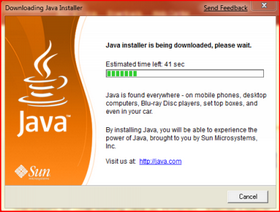
Given a method in a protected class, what access modifier do you use to restrict access to that method to only the other members of the same class? A. final B. static C. private D. protected...... interface DoMath { double getArea(int rad); } interface MathPlus { double getVol(int b, int h); } /* Missing Statements ? */ which two code fragments inserted at end of the program, will allow to compile? class AllMath extends DoMath { double getArea(int r); } interface AllMath implements MathPlus { double getVol(int x, int y); }.......... 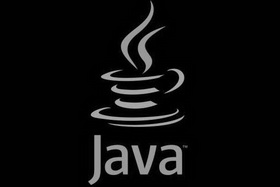
import java.io.*; public class MyProgram { public static void main(String args[]) { FileOutputStream out = null; try { out = new FileOutputStream("test.txt"); out.write(122); } catch(IOException io) { System.out.println("IO Error."); } finally { out.close(); } } } and given that all methods of class FileOutputStream, including close(), throw an IOException, which of these is true? A. This program will compile successfully. B. This program fails to compile due to an error at line 4. C. This program fails to compile due to an error at line 6. D. This program fails to compile due to an error at line 13........... 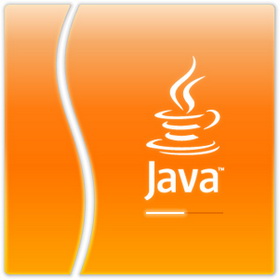
You want subclasses in any package to have access to members of a superclass. Which is the most restrictive access that accomplishes this objective? A. public B. private C. protected D. transient... interface Base { boolean m1 (); byte m2(short s); } which two code fragments will compile? interface Base2 implements Base {} abstract class Class2 extends Base { public boolean m1(){ return true; }} abstract class Class2 implements Base {} abstract class Class2 implements Base { public boolean m1(){ return (7 > 4); }} abstract class Class2 implements Base ......... 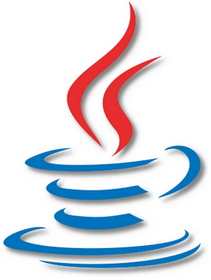
You need to store elements in a collection that guarantees that no duplicates are stored and all elements can be accessed in natural order. Which interface provides that capability? A. java.util.Map B. java.util.Set C. java.util.List D. java.util.Collection.... /* Missing Statement ? */ public class foo { public static void main(String[]args)throws Exception { java.io.PrintWriter out = new java.io.PrintWriter(); new java.io.OutputStreamWriter(System.out,true); out.println("Hello"); } } What line of code should replace the missing statement to make this program compile? A. No statement required. B. import java.io.*;......... 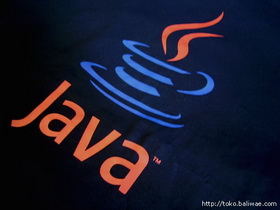
public class Test { } What is the prototype of the default constructor? A. Test( ) B. Test(void) C. public Test( ) D. public Test(void)....... What is the narrowest valid returnType for methodA in line 3? public class ReturnIt { returnType methodA(byte x, double y) /* Line 3 */ { return (long)x / y * 2; } } A. int B. byte C. long D. double........ 
What will be the output of the program? try { int x = 0; int y = 5 / x; } catch (Exception e) { System.out.println("Exception"); } catch (ArithmeticException ae) { System.out.println(" Arithmetic Exception"); } System.out.println("finished"); A. finished B. Exception C. Compilation fails. D. Arithmetic Exception........... 
Which of the following class level (nonlocal) variable declarations will not compile? A. protected int a; B. transient int b = 3; C. private synchronized int e; D. volatile int d;....... What will be the output of the program? public class ArrayTest { public static void main(String[ ] args) { float f1[ ], f2[ ]; f1 = new float[10]; f2 = f1; System.out.println("f2[0] = " + f2[0]); } } A. It prints f2[0] = 0.0 B. It prints f2[0] = NaN.... 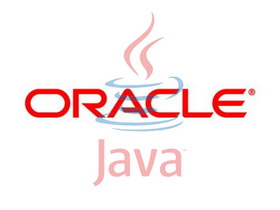
What will be the output of the program? class MyThread extends Thread { public static void main(String [] args) { MyThread t = new MyThread(); t.start(); System.out.print("one. "); t.start(); System.out.print("two. "); } public void run() { System.out.print("Thread "); } } A. Compilation fails B. An exception occurs at runtime. C. It prints "Thread one. Thread two." D. The output cannot be determined.......... 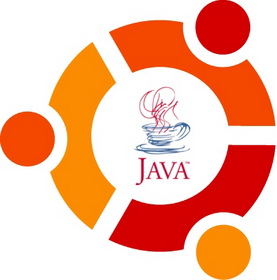
What will be the output of the program? class A { final public int GetResult(int a, int b) { return 0; } } class B extends A { public int GetResult(int a, int b) {return 1; } } public class Test { public static void main(String args[]) { B b = new B(); System.out.println("x = " + b.GetResult(0, 1)); } } A. x = 0 B. x = 1 C. Compilation fails. D. An exception is thrown at runtime........ |